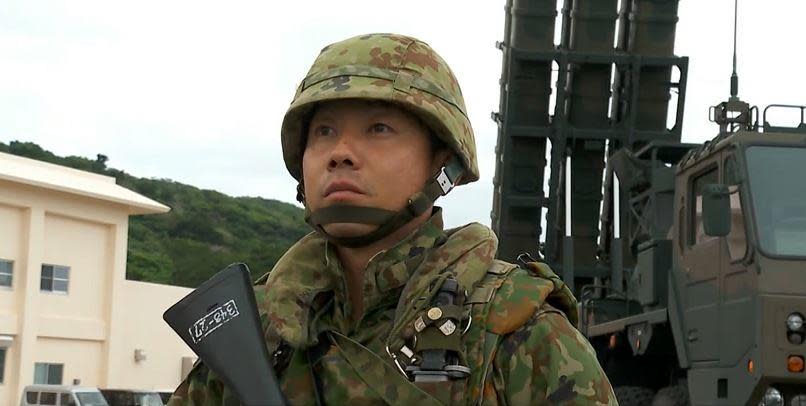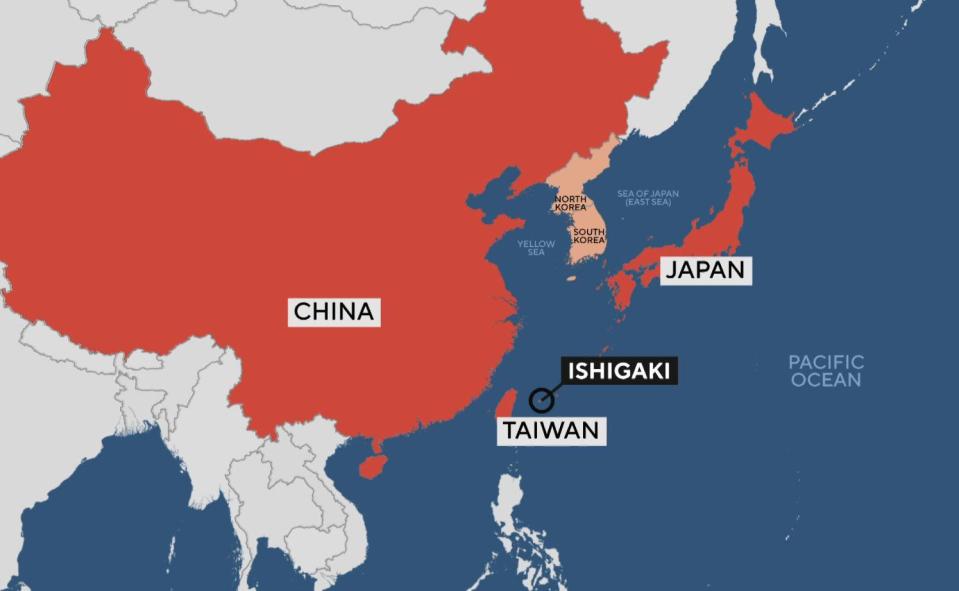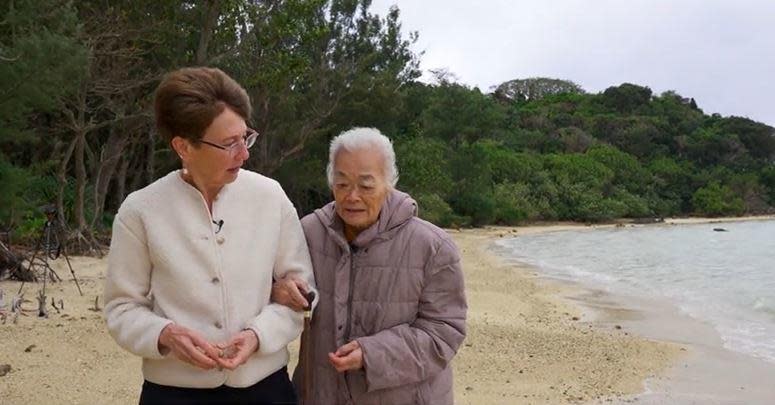China-Taiwan tension brings missiles and anxiety to a Japanese paradise
- Oops!Something went wrong.Please try again later.
Ishigaki, Japan — President Biden hosted Japan's Prime Minister Fumio Kishida at an official state dinner in Washington on Wednesday evening, showcasing the importance of the U.S.-Japanese relationship. Washington is counting on that close alliance to help limit China's influence in the Indo-Pacific region.
Tension has been especially high recently over China's not-so-subtle threats that it could take over the island of Taiwan by force. Taiwan is a democracy that lies roughly 100 miles off the Chinese coast.
The United States, also not so subtly, has implied that it would protect Taiwan against a Chinese invasion, and that allies including Japan would be expected to help.
Japan has already committed to a bigger military role in the Pacific, in partnership with the U.S. It has increased its defense budget this year by more than $55 billion, and is investing in both weapons technology and troop training.
Kishida's government argues that a more muscular military is necessary to deal with what it calls the "most severe and complex security environment since the end of World War II."
Not everyone in Japan is happy about the muscle building, however.
Take the residents of one tiny, picturesque island at the extreme southern end of the Japanese island chain. Ishigaki has long drawn tourists with its famous white sand beaches, laid-back vibe and tranquil turquoise seas.
But there's trouble in paradise.
The Japan Self Defense Forces, the country's military, has installed a missile base right in the center of the island.

On a hill surrounded by sugar cane and pineapple farms, about 600 soldiers and a battery of powerful missiles and launchers are now dug in. They are perfectly positioned to join the fight on the side of Japan and the U.S. if China attacks Taiwan, which lies just 150 miles away across those turquoise waters.
"For us, it doesn't make sense," Setsuko Yamazato, an Ishigaki resident since birth, told CBS News. When plans for the base became public, she joined other residents to protest against the militarization of their island.
"Just having them here is asking for trouble," she said. "We feel powerless. Helpless."
At the base, Commander Yuichiro Inoue sympathizes with the island's residents. A veteran of international conflict who served with Japan's military contingent in Iraq, he understands that it's hard for the islanders to accept that, by an accident of geography, their little community could wind up on the front line of a future war.

But Inoue defended the new base, noting a "number of challenges" in the region.
"China unilaterally claims territory, and North Korea is launching military satellites and missiles," he said. "Our mission is to provide deterrence against all these threats, and show that we are serious about protecting this country."
China's muscle-flexing has already affected the lives of Ishigaki's fisherman. Chinese Coast Guard ships have chased them away from the waters around the nearby Senkaku Islands, which both Japan and China claim to own. China calls them the Diaoyu Islands.
Even so, Yamazato hates the idea of a beefed-up military presence on Ishigaki. As a little girl during World War II, she lost her mother, brother, sister and grandfather. The U.S. invasion of Japan in 1945 began on the neighboring island of Okinawa.

Yamazato had hoped the end of that conflict would mark a new era of peace and prosperity and, for decades, it did. She thrived and made a career for herself as a flight attendant with the American Overseas Airlines, and later for the American Geological Survey.
Now 87, she can't believe the threat of war is back, and she worries that the Ishigaki missile base will make her island a target.
"That is what I fear the most," she told CBS News.
"It's a sad fact of modern life," countered Commander Inoue. "A lot of people feel that way, but they need to understand global and regional realities are very harsh."
Japan has definitively chosen the U.S. side in the great Pacific geo-political rivalry, and preserving the peace means having weapons of war aimed outward, over Ishigaki's tropical seas.
James and Jennifer Crumbley, parents of the Oxford High School shooter, are sentenced

